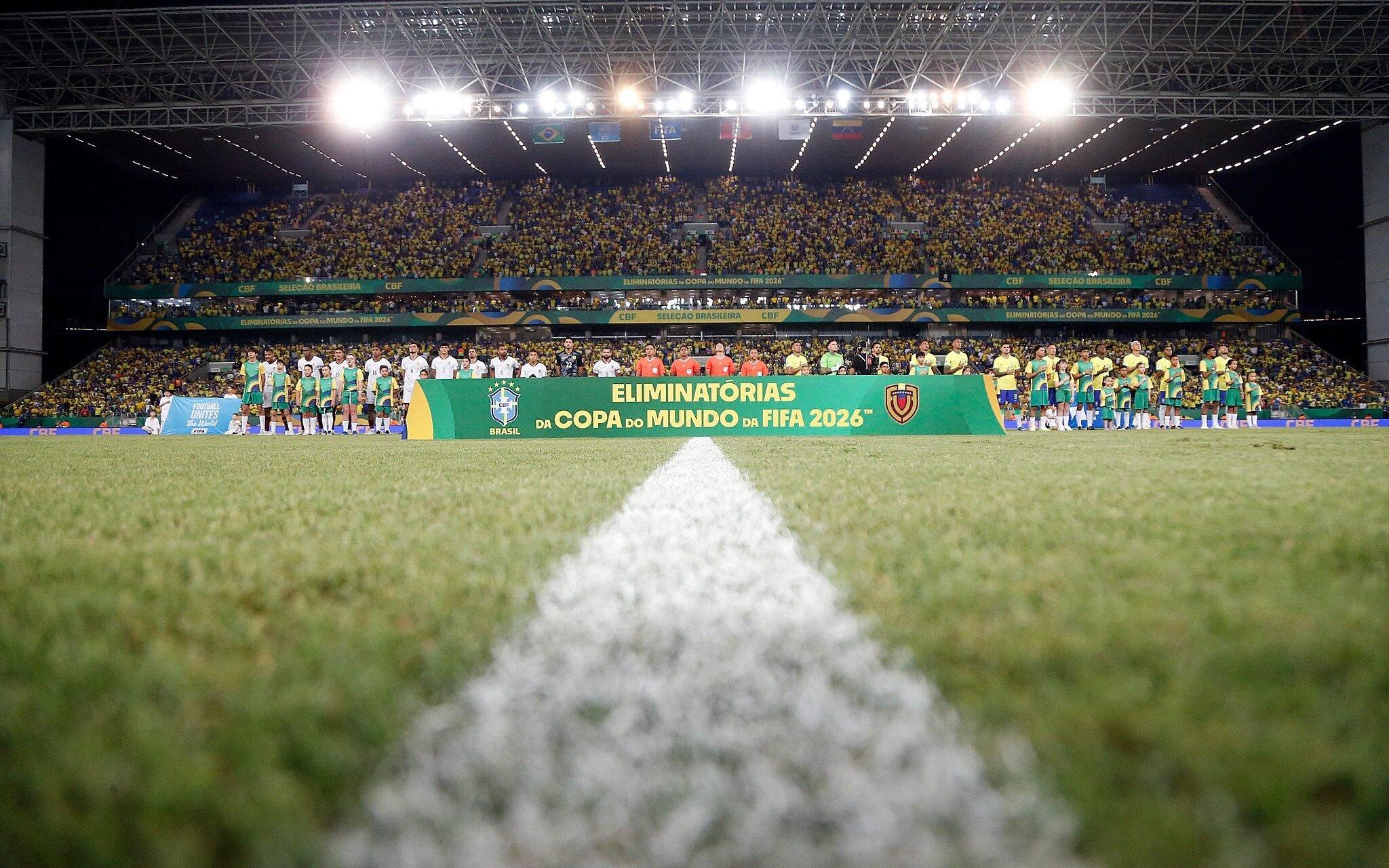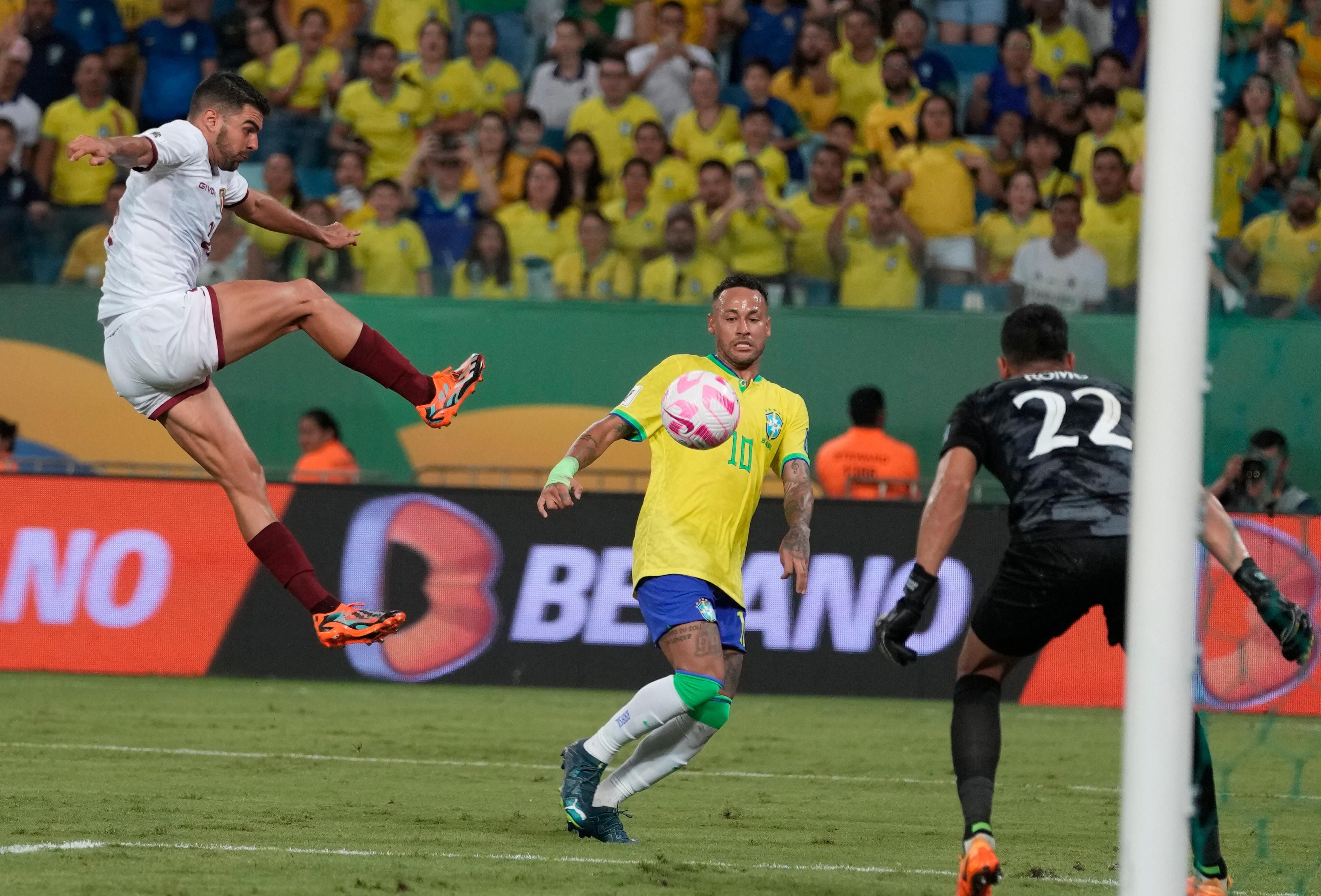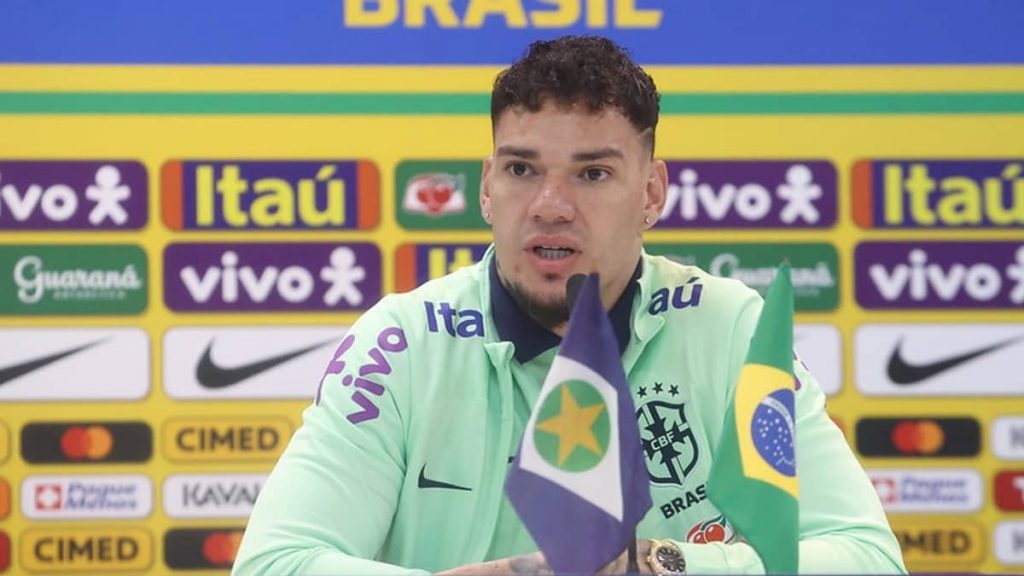Author: Vishwajit Sawant
During the recent match between Brazil and Venezuela at the Arena Pantanal in Cuiabá, goalkeeper Ederson expressed his frustration with the pricing policies adopted by the Brazilian Football Confederation (CBF). The game ended in a 1-1 draw, but the spotlight shifted from the action on the pitch to the price of the ticket.
Ticket prices for the game started at R$200, even with half-price tickets, leaving many fans disappointed with the cost. The total revenue generated by this match reached an impressive R$12.7 million, attracting an audience of 40,020 spectators. However, the average ticket price of R$318 was a point of contention.

Ederson, who is not one to mince his words, expressed his concern about ticket prices and the impact on the public. He acknowledged the fans’ support, but pointed out that the stadium was not at full capacity, a problem he attributed to the exorbitant ticket prices.
The Manchester City goalkeeper went further and called it “absurd” that a half-price ticket should cost so much, highlighting the financial burden it places on ordinary Brazilians. He asked the CBF to rethink the issue, emphasizing the need to consider the economic reality of the Brazilian population.

Some sections of the crowd at the Arena Pantanal didn’t hesitate to express their discontent when the match fee was announced. The empty spaces in the upper stands further reflected the fans’ frustration.
The national team’s next qualifier against arch-rivals Argentina, scheduled for next month at the iconic Maracanã stadium, is likely to reignite the conversation about ticket pricing policies, as both players and fans expect more affordable options to support their teams on the road to victory.


